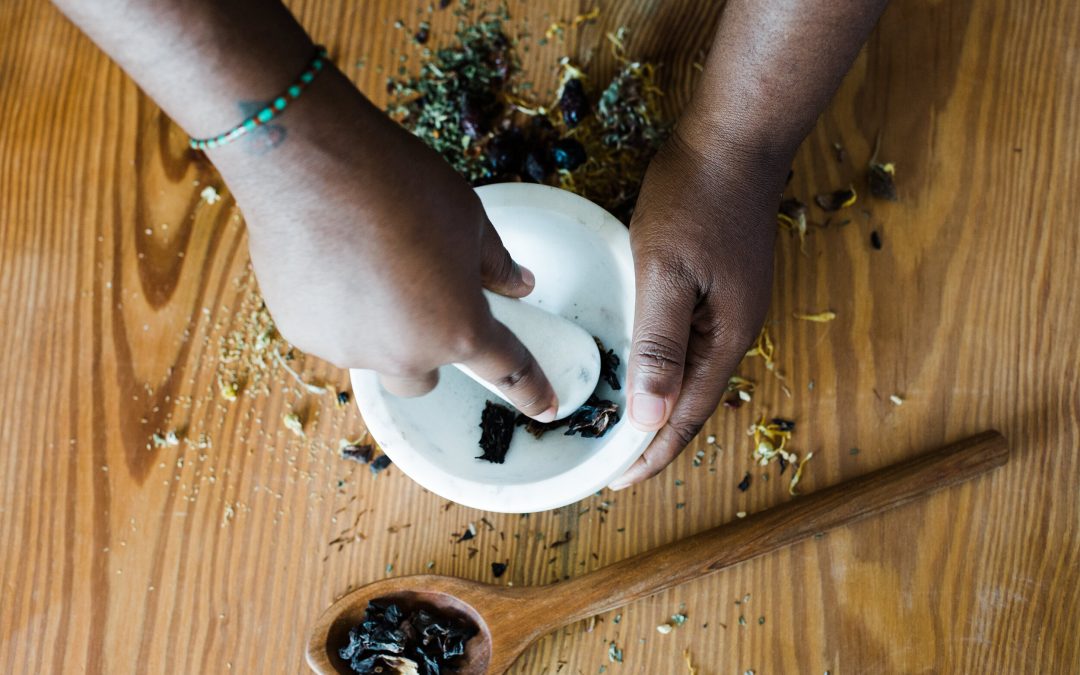
by radiocafe | Dec 15, 2020 | Down to Earth, Food & agriculture, Native & indigenous, Race/class/gender
Jovan Sage carries on traditions passed down from African and Indigenous ancestors, and is a healer on many levels–herbalist, “food alchemist,” farmer, chef, and community organizer.
Learn more …
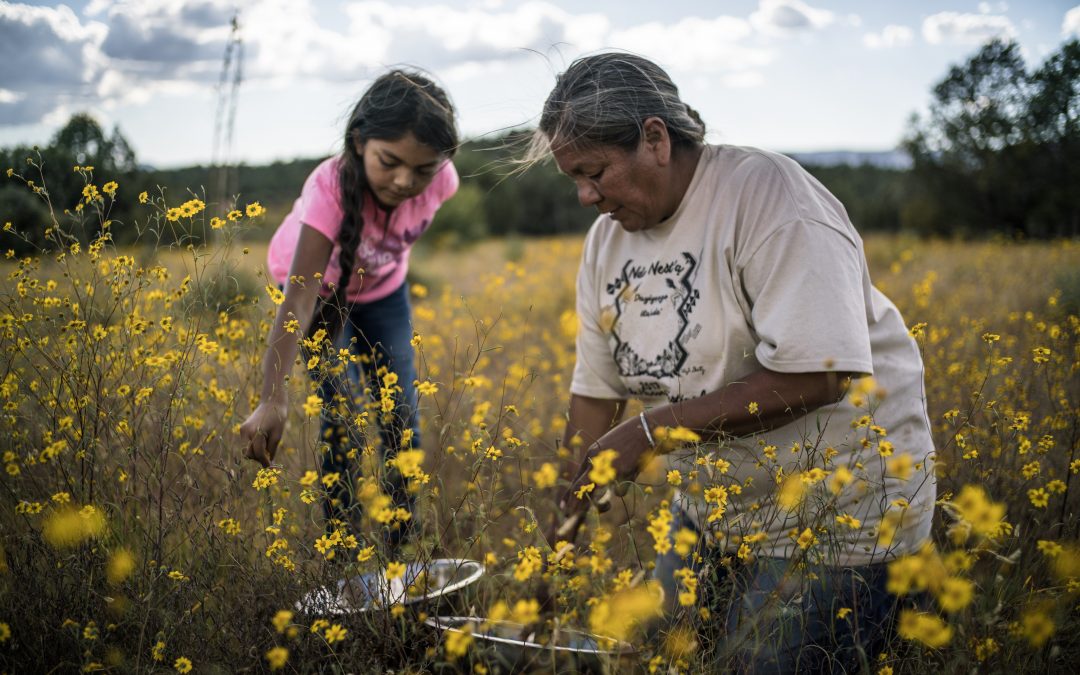
by radiocafe | Dec 1, 2020 | Arts & films, Down to Earth, Food & agriculture, Native & indigenous
Sanjay Rawal ‘s new film, Gather, explores how Native Americans across the U.S. are rediscovering their food traditions–and building on them in the context of present-day realities.
Learn more & listen …
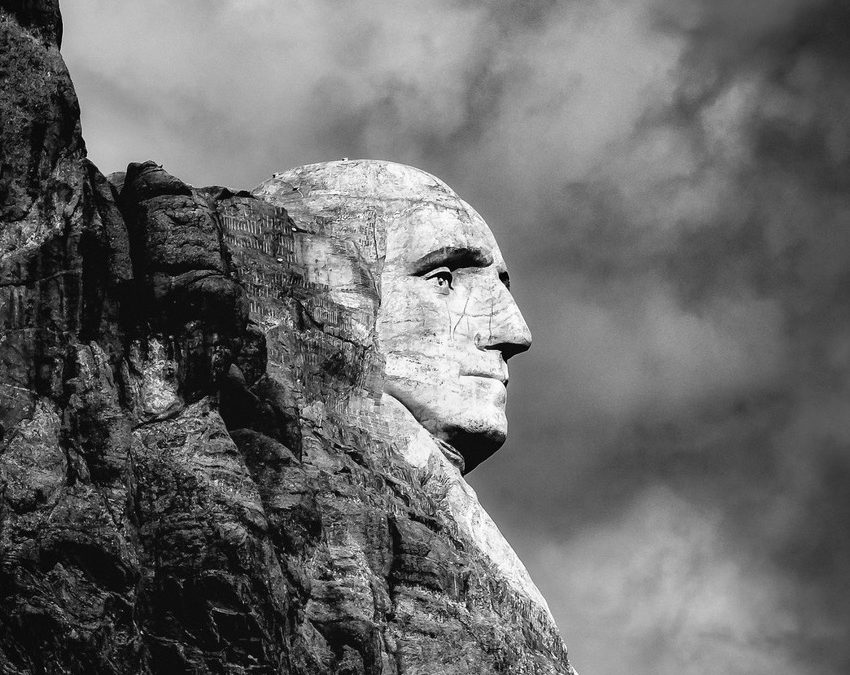
by radiocafe | Nov 17, 2020 | ASU, Politics
The rise of advanced information technologies has resulted in sophisticated efforts to fragment American society — from foreign actors like Russia, to conspiracy theorists and political campaigns — and these efforts are working.
Learn more & listen …
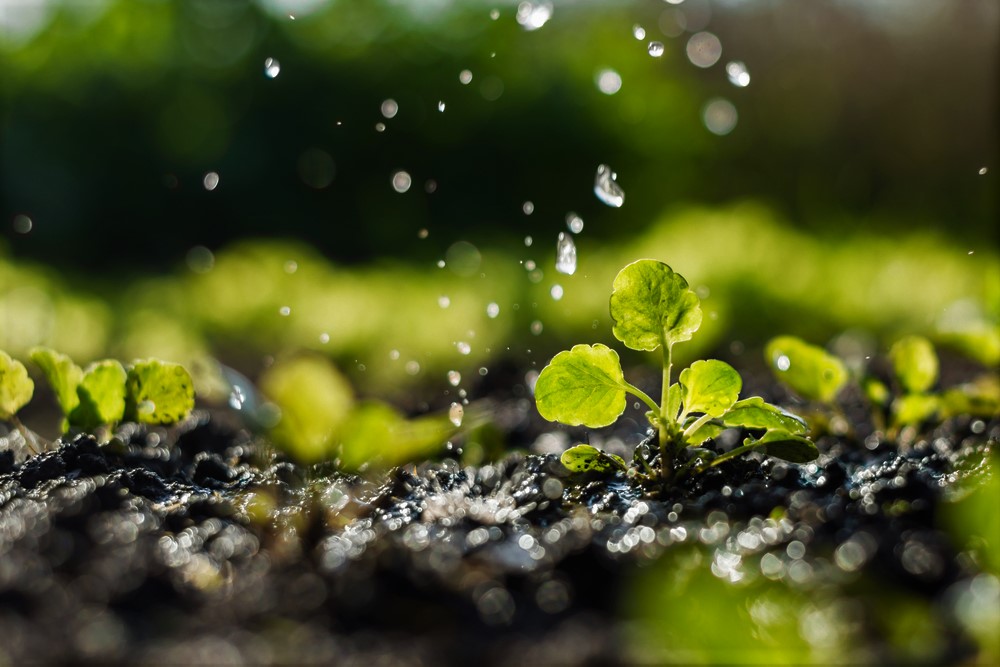
by radiocafe | Nov 17, 2020 | Down to Earth, Food & agriculture, Science & health
LaKisha Odom of The Foundation for Food and Agriculture Research is helping to fund the research behind healthy soil practices so that more farmers can make the transition to regenerative agriculture and long-term sustainability and resilience.
Learn more & listen …
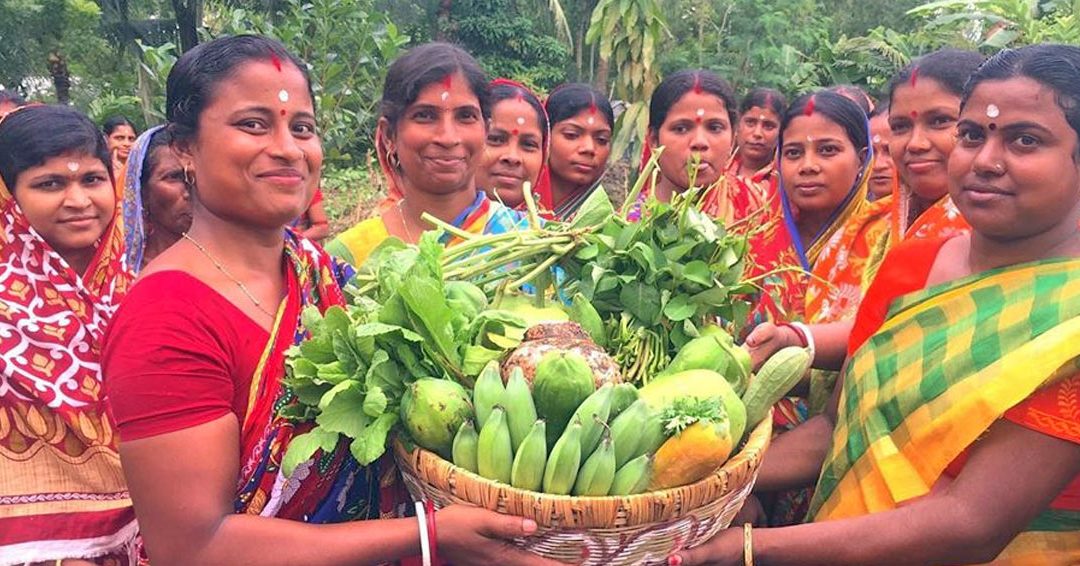
by radiocafe | Nov 3, 2020 | Activism, Books, Down to Earth, Food & agriculture, Native & indigenous
For millennia local and indigenous farmers have been producing healthy food worldwide. In less than a century that food system has been decimated, We talk to Dr. Vandana Shiva about restoring health, democracy, species, and local knowledge.
Learn more & listen …
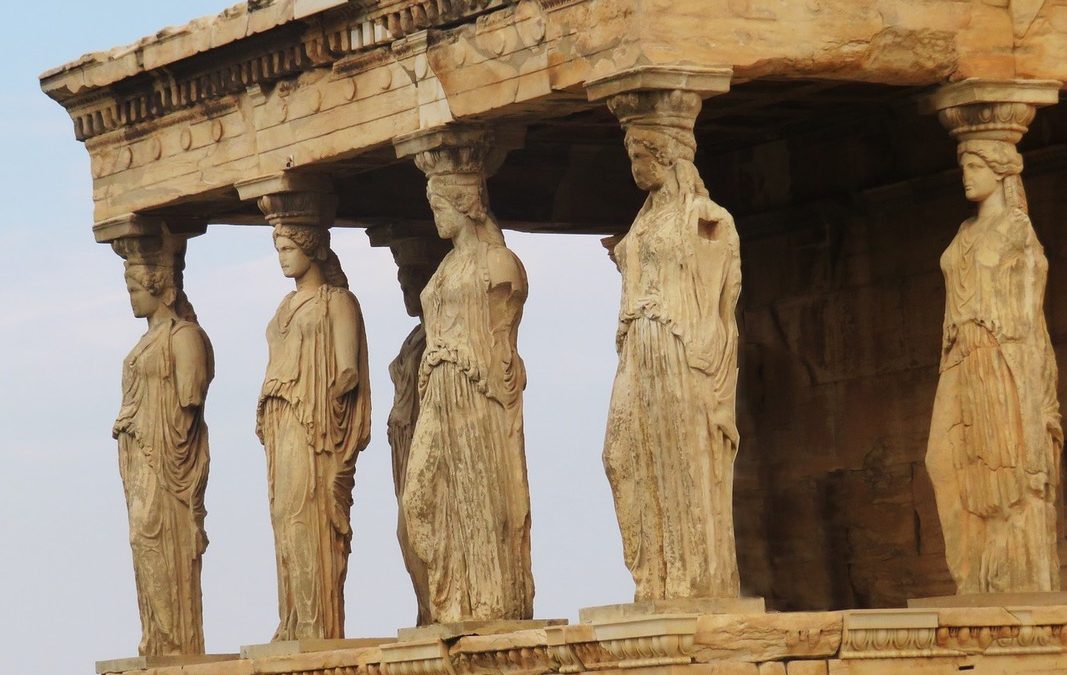
by radiocafe | Nov 2, 2020 | ASU, Politics
Democracy flourished in Athens 2500 years ago — but lasted only about a century. What did Athenian democracy look like — who was included as a citizen, who was excluded, and why has the idea and practice of democracy been so influential? We talk to scholar Catherine Zuckert.
Learn more …
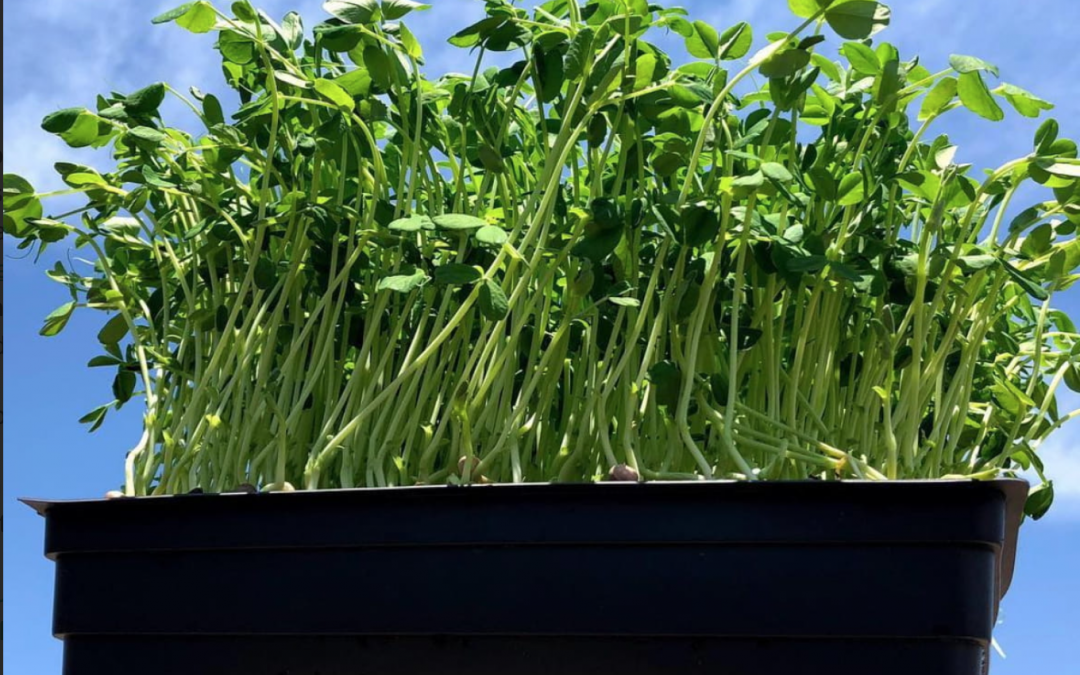
by radiocafe | Oct 20, 2020 | Activism, Down to Earth, Food & agriculture, Science & health
Roberto Meza was an artist and MIT graduate student who took some time off to deal with health concerns—and found that fresh greens made such a difference in his life that he started growing them. Now he runs a thriving business and focuses on food sovereignty and equity.
Learn more & listen …
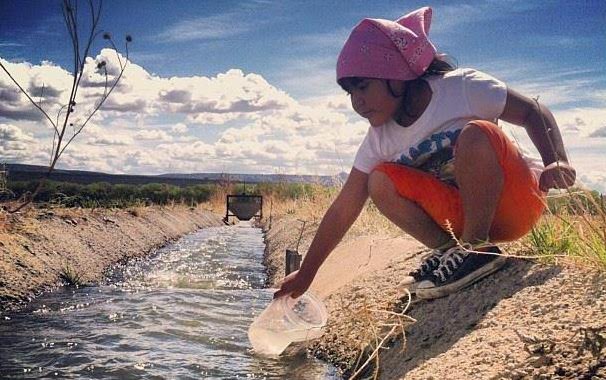
by radiocafe | Oct 6, 2020 | Down to Earth, Food & agriculture, Native & indigenous, New Mexico
Part of the experience of colonization for Native people has been the denial of their long-standing practices of agriculture. Now indigenous voices are becoming part of the conversation about how to think in a healthy and holistic manner about food.
Learn more & listen …
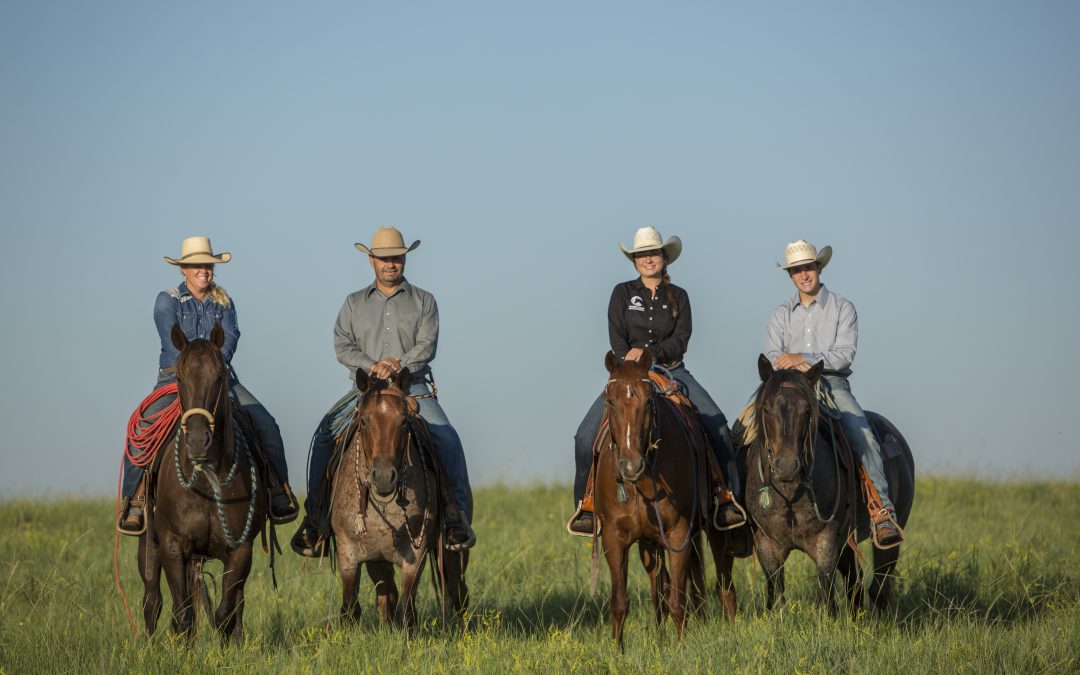
by radiocafe | Sep 22, 2020 | Down to Earth, Food & agriculture, Race/class/gender
Many food producers spend so much on interest to banks that they can’t pay for improvements to make their farms more resilient and regenerative. Zach Ducheneaux talks about an alternative that’s already having some success in Indian country.
Learn more & listen …
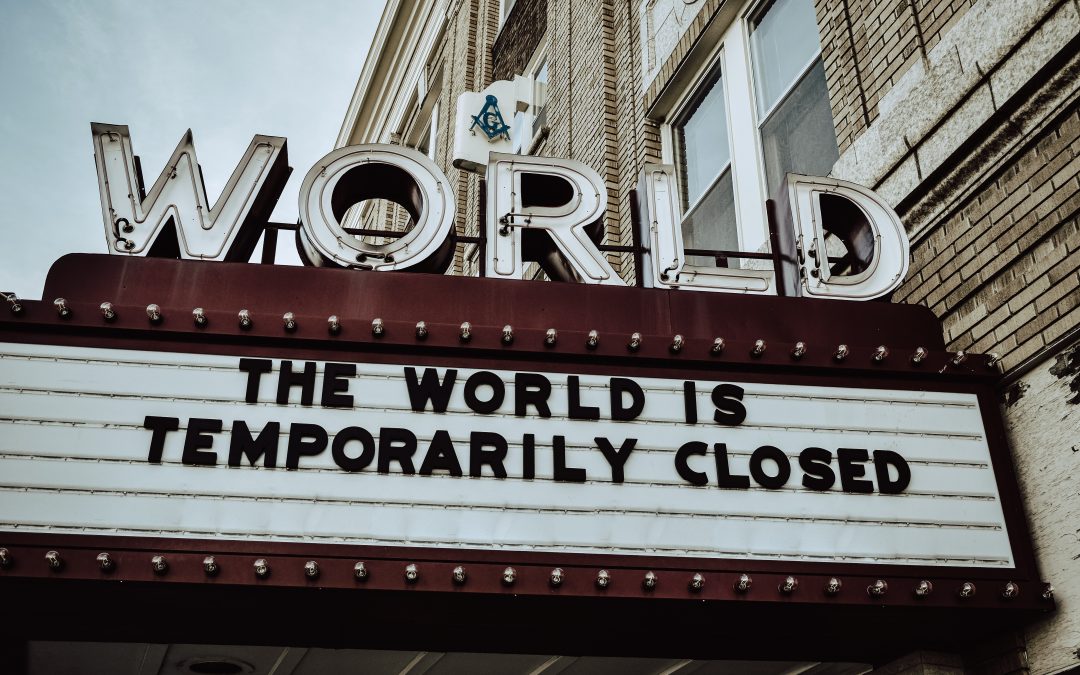
by radiocafe | Sep 16, 2020 | Activism, New Mexico, Politics, Santa Fe New Mexican
Many of our “essential workers” pay into the unemployment system but get nothing back when they’re unemployed—because of their immigration status. We talk to organizer Marcela Diaz about the challenges—and opportunities—of the global pandemic.
Learn More & listen …










